Late payments: what are your rights?
Working in the service industry means that at some point you will encounter a client who fails to pay your invoice on time. Chasing clients for unpaid invoices can be stressful and it also wastes a lot of time. On top of this, it can also cause you to suffer cashflow problems.
We look at how you can reduce late payments and discuss your rights under the ‘Late Payment of Commercial Debts (Interest) Act 1998.
Who can be affected by late payments?
As a contractor, we hope that you haven’t had to deal with late paying clients too often. Unfortunately, there are clients who seem to think it is OK to continuously pay contractors late. The chances of this happening to you are less if you work through a recruitment agency as you invoice the agency for payment, not the client directly.
However, if most of your work comes from direct clients, unfortunately, you may find yourself at some point in time, chasing your client for payment.

Tips for reducing late payments
By taking into consideration some, or all of the following tips, you will hopefully reduce the number of late payments you receive:
1. Stipulate your payment terms upfront – if you’re working directly with a client you have the freedom to choose your own payment terms. For example, 7 or 14 days. If this is not stated on your invoice it may be assumed, it is 30 days
2. Ask for an initial payment – if you’re providing a service for a fixed fee, consider asking for an upfront initial payment of between 25% to 50%. This can help you manage your cashflow and reduce your financial risk if the client is late in paying
3. Offer an incentive – encourage your clients to pay promptly by offering a discount on the next invoice if they pay the current one within a specific timeframe
4. Fill in the gaps – one of the biggest reasons for delayed payment is because some information is missing from the invoice. Our article, ‘How to write the perfect invoice’ outlines everything you need to include
5. Invest in tech – if you are issuing your invoices manually maybe it’s time you upgraded to an accounting software, like FreeAgent or Xero, to help with the management of invoices.

If a client continues to pay your invoices late, remain calm but be proactive. Chase them up with a politely worded email and with a call to their accounts department. We find this usually does the trick.
Your rights with unpaid invoices
If you have not set out in your contract, the specifics of interest that you will apply to late payments, you can choose to apply the ‘Late Payments of Commercial Debts (Interest) Act 1998’.
This stipulates that if your invoice is not paid on time, you can claim interest, compensation and reasonable costs for collecting the debt. The Act states that interest can be applied at a rate of 8% above the Bank of England’s base rate. Compensation can be levied at a rate of £40 to £100 per invoice, depending on the invoice value. Further details on the Late Payments of Commercial Debts (Interest) Act 1998 can be found on the .gov website.
As accredited FreeAgent experts we are best placed to show you how to get the most out of the FreeAgent accounting software. If you’re interested in hearing how the FreeAgent software can help with the management of invoices and payments amongst other things, give us a call on 01962 867550.
Note: All the information and advice in this blog post was correct at the time of writing.







